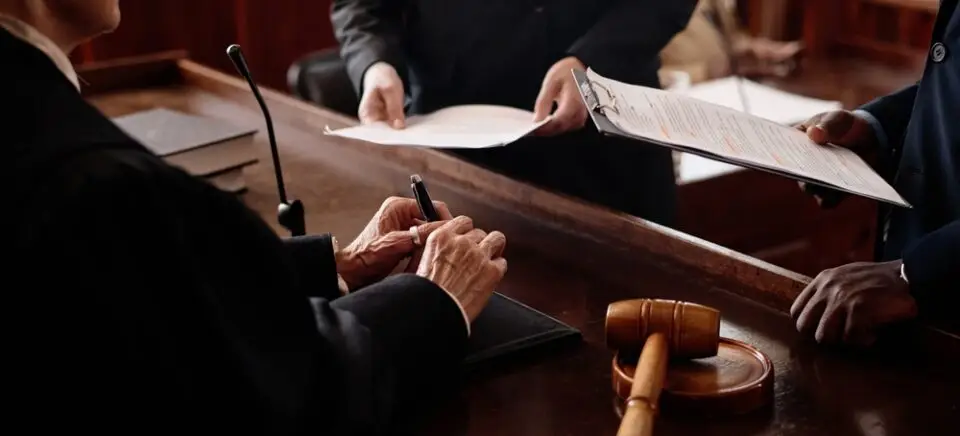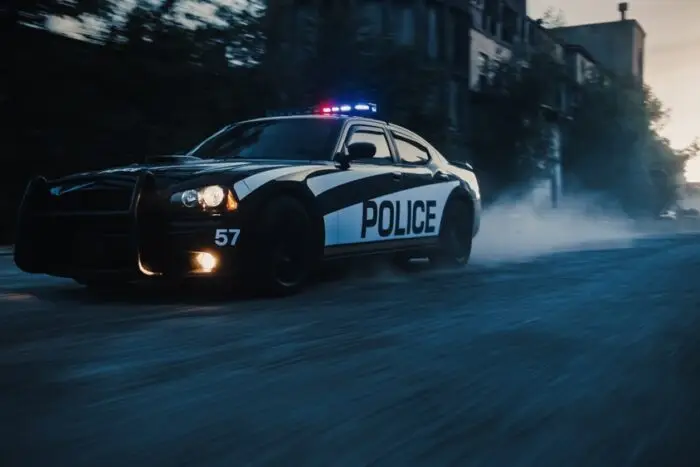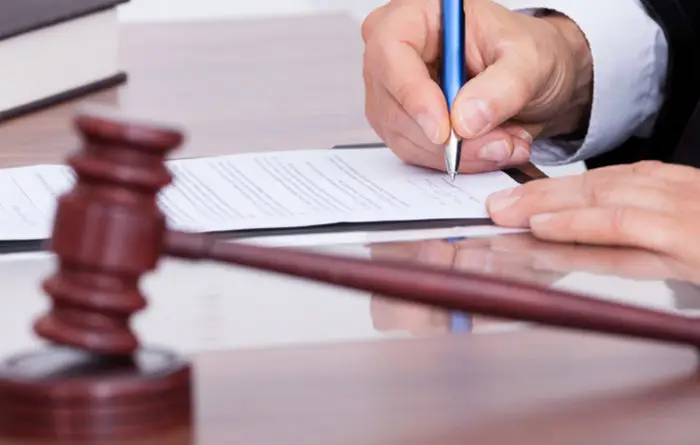Why Do DUI Cases Get Continued?

DUI cases often get continued for a variety of legal and procedural reasons. A continuance means the court reschedules the hearing or trial to a later date. This is common in criminal cases, especially DUI, because both the defense and prosecution may need more time to prepare, gather evidence, negotiate plea deals, or wait on lab results. While it can be frustrating, continuances are a normal part of the legal process and not necessarily a sign of anything suspicious or unusual.
Common Reasons DUI Cases Are Continued
There are several valid reasons why a DUI case might be postponed,
- Waiting on evidence – Lab results from blood or urine tests, breathalyzer calibration records, or dashcam footage may not be ready
- Attorney scheduling conflicts – Either the defense attorney or prosecutor may have other cases or emergencies
- Witness availability – Police officers, lab technicians, or other witnesses might be unavailable on the original court date
- Plea negotiations – Both sides may be in the middle of a potential plea deal and request more time to finalize terms
- Case complexity – If there are aggravating factors (such as injury, a minor in the vehicle, or a prior offense), more time may be needed to address legal challenges
Who Can Request a Continuance?
Either side prosecution or defense can request a continuance. Judges have discretion to approve or deny the request based on the reason and case history.
- The defense may ask for more time to review discovery, consult experts, or interview witnesses
- The prosecution may need time to secure evidence or witnesses
- The court itself may reschedule due to backlog or emergency closures
Impact of a Continuance
While continuances delay the process, they can also benefit both sides. More time allows for stronger preparation, potential resolution without trial, or discovery of legal errors. But frequent or unnecessary delays may frustrate the judge or result in negative consequences if abused.
DUI cases are continued for practical reasons like pending evidence, scheduling issues, or plea negotiations. Continuances help ensure the case is handled fairly and with all the necessary information. Although they can delay closure, they are often in the best interest of both the defense and the court. If you’re involved in a DUI case and facing delays, it’s important to stay in communication with your attorney and attend all future court dates as scheduled.




